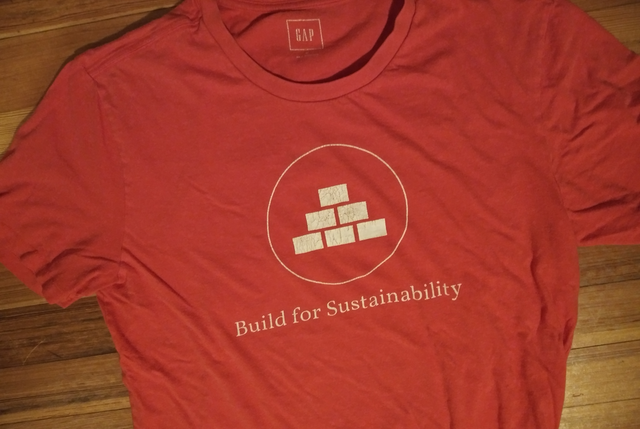Practical Insights on Sustainability

Sustainability plays a critical role in international development programming, as it helps to ensure that the benefits of development initiatives are long-lasting and have a positive impact on communities and the environment.
Sustainable Development Programming
Sustainability in development programming means considering the economic, social, and environmental impacts of projects and taking steps to mitigate negative effects and promote positive outcomes. This includes considering the long-term viability of development initiatives and making sure that they don’t harm the environment, contribute to inequality, or rely on unsustainable resources.
Incorporating sustainability into development programming helps to create resilient communities that are better able to withstand future challenges such as climate change, economic shocks, and social and political instability. This in turn helps to promote sustainable and inclusive economic growth, which is critical for reducing poverty and achieving long-term development goals.
Sustainable Development Practices
- Using renewable energy sources
- Promoting sustainable agriculture practices
- Developing environmentally friendly infrastructure
- Investing in education and health care
- Encouraging gender equality and empowering women and girls
- Encouraging local ownership and participation in development initiatives
Incorporating sustainability into international development programming is essential for achieving long-term and impactful outcomes, and for building a better future for communities and the planet.
Published on: Nov 14 2024 by Guest Writer - Comments Off on 5 Key Million-Dollar Questions for Artificial Intelligence in Global Health
Over the last year, the Audere team found multiple insights from our work deploying practical artificial intelligence solutions in low- and middle-income countries...
Published on: Sep 03 2024 by Wayan Vota - Comments Off on What Is AI4Good? Harnessing Artificial Intelligence for Social Impact
Artificial intelligence (AI) has emerged as one of the most transformative technologies of the 21st century, impacting various sectors from healthcare to finance....
Since their inception in 2014, the Principles for Digital Development have been endorsed by over 300 organizations globally – including donors, multilateral...
Published on: May 01 2024 by Guest Writer - Comments Off on Introducing the German Federal Government’s Strategy for International Digital Policy
The global digital age opens up tremendous opportunities – and harbours challenges for all actors.
The political and economic power as well as the military capabilities...
Published on: Mar 14 2024 by Guest Writer - Comments Off on How to Have Long-Term Hackathon Engagement and Success
Time-based events, such as hackathons, codefests, and app contests have become a global phenomenon attracting thousands of participants to hundreds of events every...
To bridge the digital divide, digital community centers — physical spaces that provide access to the internet, technology devices, and digital skills — have...
Published on: Jul 27 2023 by Guest Writer - Comments Off on Governance is Key for Digital Public Infrastructure Success
The digital technologies that serve as the ‘infrastructure’ of widespread digital transformation are increasingly recognised as key drivers of development.
Subscribe...
Published on: Nov 10 2022 by Wayan Vota - Comments Off on Digital Public Goods Need Sustainable Funding for Success
Last year, the UN Global Pulse and the Digital Public Goods Alliance conducted qualitative research to understand the challenges with developing and deploying digital...
Published on: Oct 26 2022 by Wayan Vota - Comments Off on 10 Ethical Use Principles for Artificial Intelligence in the UN System
Artificial intelligence has profound and dynamic positive and negative impacts on societies, the environment, ecosystems and human lives, including the human mind,...
What is the biggest challenge to health this century? And will digital health make it better or worse?
The answer to the first question is that the greatest threat...












